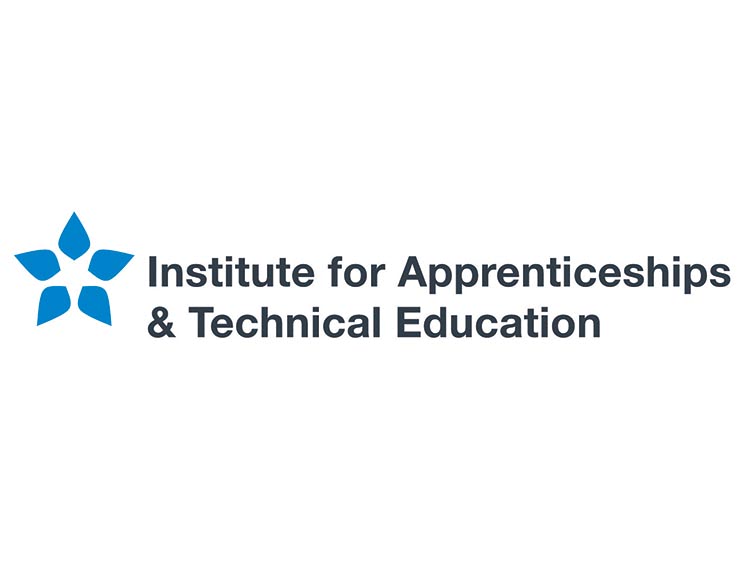Update published on recent second funding consultation

- The Institute for Apprenticeships and Technical Education (the Institute) has published an update on our recent second funding consultation.
The Institute has listened to consultation feedback on plans to reform how funding bands are recommended for apprenticeships.
The update published today acknowledged broad support for our more transparent new model.
We will continue to refine the variable element of the model which allows employers to provide more bespoke estimates, and to test the impact of the model. We have also committed to consider ways to manage how changes to funding bands are introduced to avoid market disruption and support employers to access quality apprenticeship provision.
Anna West, Deputy Director, Apprenticeship Approvals and Funding Team, who has also published a blog, said: “I would like to thank everyone for taking part in the consultation process. We are determined to get this right and your input is vital. It was really encouraging that many people welcomed the more transparent approach and we are continuing to look at how we can make it work even better.”
The proposed new model captures those costs which are eligible for government funding. While eligible costs policy remains outside the scope of this consultation, in parallel to the consultation the ESFA has agreed to review this policy.
The Institute will publish a full response in the new year to the consultation, together with the outcomes of the first phase of impact testing of the new model, informed by the ESFA’s review of eligible costs policy.
The Institute launched the reform process in response to feedback that the existing system for making funding band recommendations, based around employers gathering quotes for how much training costs and comparisons with existing standards and qualifications, was not transparent enough.
The aims are increased transparency, consistency, and value for money.
A report by IFF Research into the actual costs of delivering apprenticeships was used to develop a more transparent model, which aims to represent eligible delivery costs.
The Institute used feedback from our first consultation on this initial model, which took place between February and May this year, to develop a modified approach. This would provide trailblazers with an early estimate of the maximum government funding level their apprenticeship stands to receive, based on an automated “rates-based” model. If a trailblazer considers this inappropriate, they can provide information to allow us to make a bespoke estimate of likely eligible costs.
The Institute held a second consultation on this updated model between August and October 2020. We were pleased to receive 180 consultation responses, and shared our proposals with over 1,000 people as part of engagement activities and events.











Responses